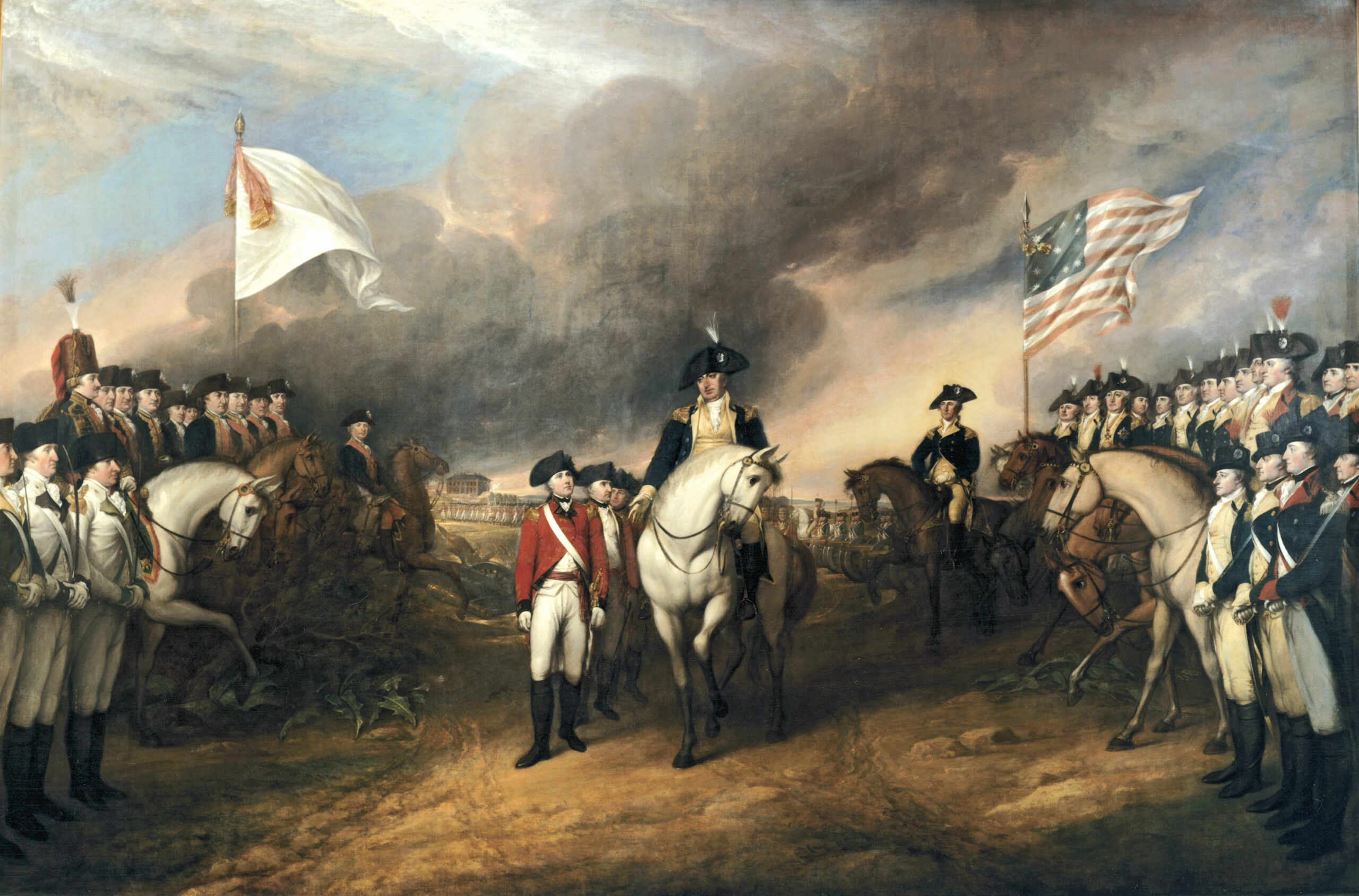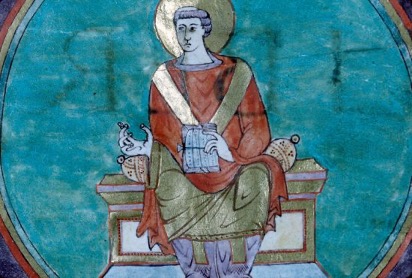The Life of Molière
Jean-Baptiste Poquelin, adopting the stage name “Molière,” was born in Paris in 1622. Coming from a family of merchants and tapestry makers, he grew up in a bourgeois environment. His father, Jean Poquelin, was the king’s tapestry maker, and both parents hoped Molière would pursue a respectable career in trade or justice.
However, Molière’s early passion for theatre led him to abandon his law studies at the age of 21 to fully dedicate himself to his passion. This decision temporarily estranged him from his father, who disinherited him. Molière then joined the Illustre Theatre company, founded with other artists in 1643.
The End of “l’Illustre Théâtre” and Entry into the Royal Court
Unfortunately, Illustre Theatre quickly went bankrupt, causing financial difficulties for Molière. Undeterred, he quickly rebounded, and his troupe received support from Philippe d’Orléans, known as “Monsieur,” the king’s brother. This turning point marked the beginning of a fruitful collaboration with the royal court, establishing Molière as the king’s official actor. He thus performed at the Louvre before Louis XIV and Anne d’Autriche in 1658. The early years of the Theatre du Roi were a success, and Molière began developing his talent for comedy and social satire.
Molière’s satires
Molière is particularly distinguished for his exceptional mastery of satire in his iconic works. “Tartuffe” (1664) remains a pinnacle of his satirical genius, mocking religious hypocrisy through the character Tartuffe, a false devotee manipulating the credulous Orgon. The Catholic Church, offended by the implicit critique, initially banned the play as blasphemous. With the support of King Louis XIV, Molière eventually lifted the ban after several revisions. However, this incident foreshadowed the controversial nature that Molière’s work would assume.
“The Misanthrope” (1666), another satirical masterpiece, provides a biting critique of social hypocrisy and courtly games. The main character, Alceste, embodies brutal honesty, rejecting the falseness of social conventions. Though less controversial than “Tartuffe,” this work highlights Molière’s insight into the human flaws of the time.
Controversies and challenges
Despite his growing success, Molière constantly faced various controversies and challenges due to his bold and provocative works.
“Dom Juan” (1665)
One of Molière’s most controversial plays, “Dom Juan,” features the eponymous central character embodying unscrupulous libertinage. The play understandably sparked outrage in 17th-century society, especially among the aristocracy, due to its open critique of established moral and religious norms. After only fifteen performances, the play was removed, revealing the vehement resistance of the time to direct challenges to social values.
Social Resistance
Molière faced not only religious opposition but also resistance from certain factions of society offended by his satirical critiques. His willingness to portray characters with deviant or ridiculous behaviors triggered hostile reactions, revealing the sensitivity of his audience to questioning a morality often violated by those claiming to be its staunchest defenders—courtiers, to name a few.
Personal challenges
Beyond external controversies, Molière also confronted personal challenges. Financial pressures, stemming from the failures of his early theatrical ventures, were a constant problem in his life. These challenges forged the determination and resilience of the artist, urging him to persevere despite obstacles and become a symbol of French comedy.
Final Act
Molière’s life was marked by highs and lows. Despite his success, his health declined due to tuberculosis. In 1673, after a performance of “The Imaginary Invalid,” Molière passed away at 51. His on-stage death added another tragic dimension to his life, but he left behind a theatrical legacy that made him worldly famous.
Molière’s Legacy
Indeed, Molière left an immense legacy in the world of theatre and literature. His plays are now considered classics, attesting to his ability to captivate and satirize the ills of his society. Beyond stage success, Molière shaped French comedy, introducing memorable characters and sharp dialogues.
His spot-on use of satire and mastery of language undoubtedly opened new perspectives on comedy by exploring the comedic aspects of human flaws and social conventions. “The Bourgeois Gentleman” and “The Miser” remain comedic gems, respectively exploring the pitfalls of social ascent and avarice.
As a master of comedy and social critique, Molière influenced generations of writers, playwrights, and artists. His boldness in challenging conventions paved the way for deeper reflections on human nature. He remains a insightful witness of his time, offering posterity a sharp look at the complexities of 17th-century society.








